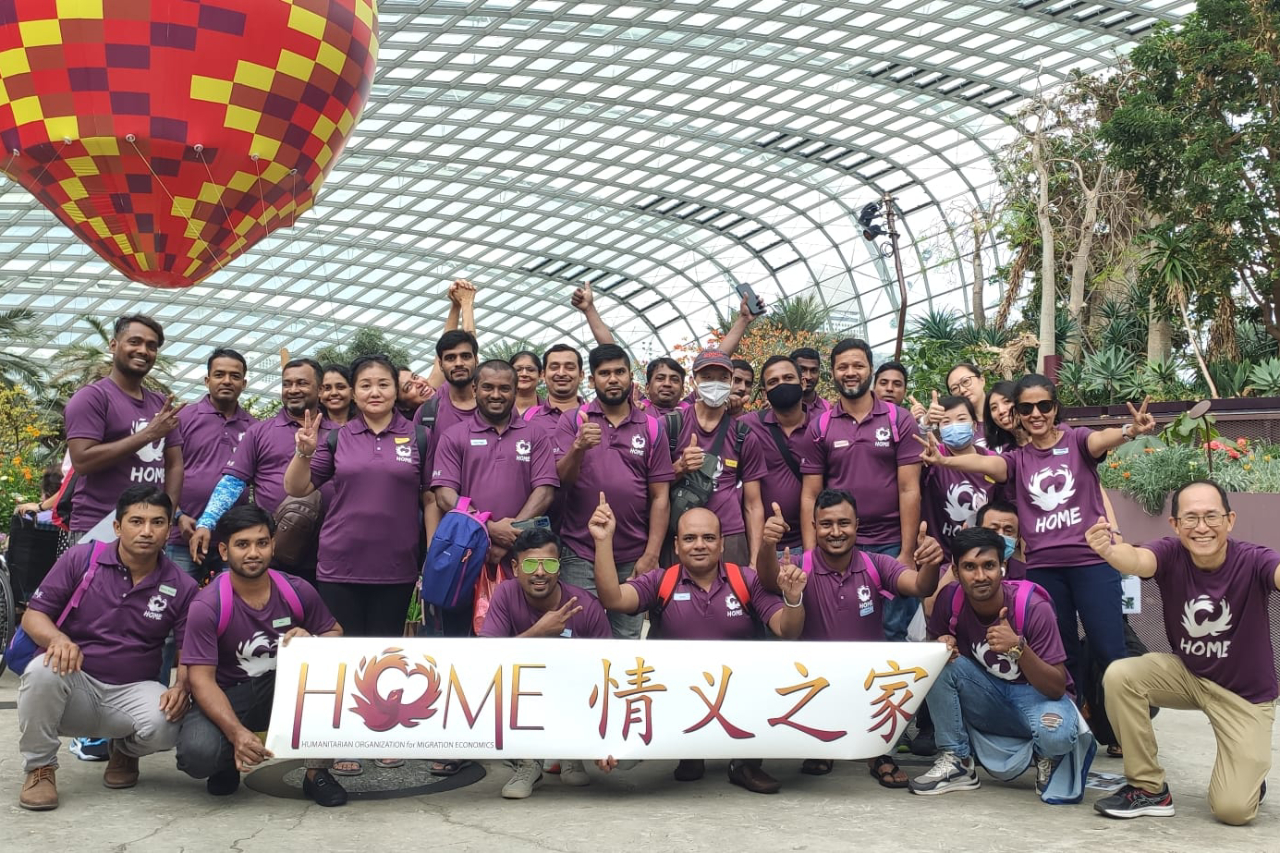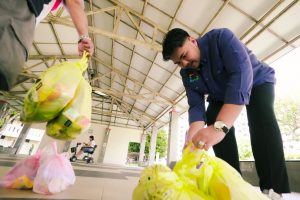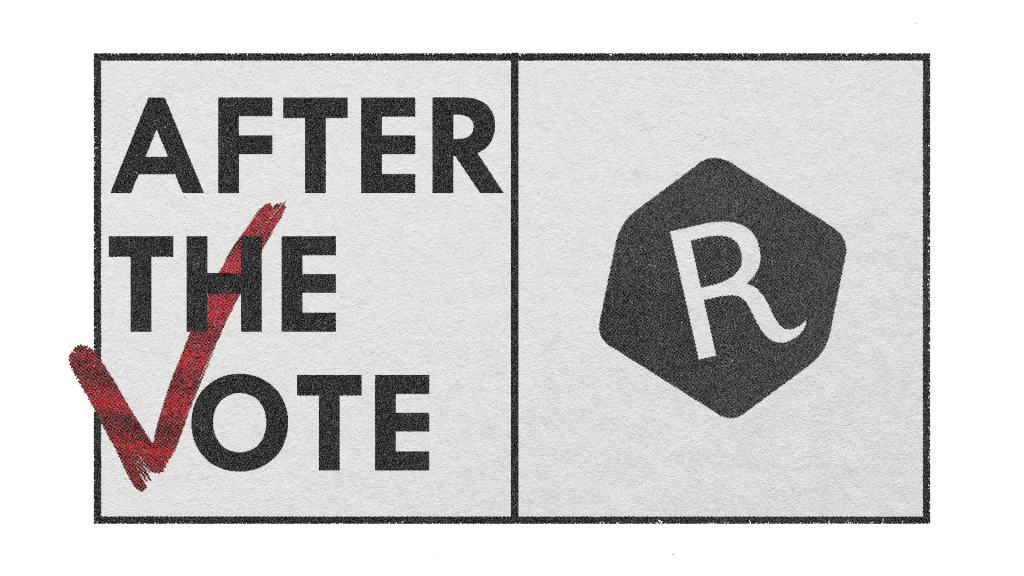
‘After the Vote‘ is a RICE Media series where Singaporeans from all walks of life share their hopes for Singapore—the changes they envision, the values they want to uphold, and the future they want to help shape.
After GE2025, we take a step back to explore the bigger picture: What kind of Singapore are we building together? Through these conversations, we uncover the aspirations and concerns shaping the nation over the next five years and beyond.
The views in ‘After the Vote’ are those of the interviewees and based on their experiences; they do not reflect the publication’s stance.
All images courtesy of Humanitarian Organisation for Migration Economics.
For years, advocates pushing for a ban on transporting workers on the backs of lorries have faced the same rebuffs: It’s “not practical” or “not feasible”.
But for advocacy group Humanitarian Organisation for Migration Economics (HOME), that’s not good enough.
As a local charity supporting the rights and welfare of migrant workers, HOME has long campaigned for a ban on this unsafe form of transport. And despite the roadblocks that have popped up in the charity group’s quest to obtain official statistics on the matter, HOME has conducted its own research. These efforts have culminated in the release of No More Risky Rides in March.
The report, which includes data from multiple interviews with stakeholders such as migrant workers and transportation companies, lays out clear, actionable recommendations. For one, HOME is pushing for a proper timeline to phase out the practice of ferrying workers in lorries, and suggesting transport subsidies for affected companies.
But beyond policy, HOME is calling for something deeper: a true shift in public consciousness. It’s time for more Singaporeans to see migrant workers not as expendable labour, but as human beings deserving of safety, dignity, and compassion.
RICE is taking a longer-term view towards the Singapore we’re collectively building. And HOME has plenty to say about how we shouldn’t be leaving our migrant workers behind.
What is one change you hope to see in Singapore by 2030 that would make life meaningfully better?
The practice of transporting workers on lorries must come to an end.
Currently, under Singapore law, as long as you’re a worker, you can be transported by a lorry vehicle that is owned by your employer. Of course, most of the Singaporean population isn’t commuting to work that way. We commute to work from our own homes, and we travel on public transport or in our own vehicles.
But for migrant workers, they stay in dormitories, and they have to travel quite far because the dormitories are situated quite a distance away from where they work. So they will need to be transported to their work sites together with equipment.
Companies use lorries in order to transport both workers and equipment at the same time. This compromises their safety. Whenever there is an accident, they’re in much more danger of being injured or killed.
It is an inherently unsafe practice, but we are allowing it to continue. And this affects a vulnerable population that has difficulty saying no to certain practices that they are subject to, because their work permits are very dependent on their employers.
If they say, “I don’t want to take the lorry anymore”, the employers are very likely to say, “Okay, I’m going to send you back home, and I’m going to hire someone who is comfortable doing this”.
As a developed nation, continuing this outdated and unsafe method tarnishes our reputation—it is a glaring issue witnessed by both citizens and visitors alike.
In the early 2000s, many had already started to question this practice. Former president Halimah Yacob, who was a labour MP, has actually voiced out on this issue very strongly over the years.
The persistent inaction reveals a troubling lack of political will, and it is deeply disappointing that we have yet to commit the necessary financial and infrastructural resources to provide migrant workers with safer, more dignified transportation.
What are some obstacles HOME has faced in its advocacy efforts on this issue?
Many other civil society actors have tried to extract how much exactly it will cost businesses and how much it will cost us to transition to a safer mode of transport, but we have not gotten that information.
That’s a big stumbling block because we want to make these policy recommendations that are workable, that are feasible, but we only have so much information to work with.
We do the best we can.
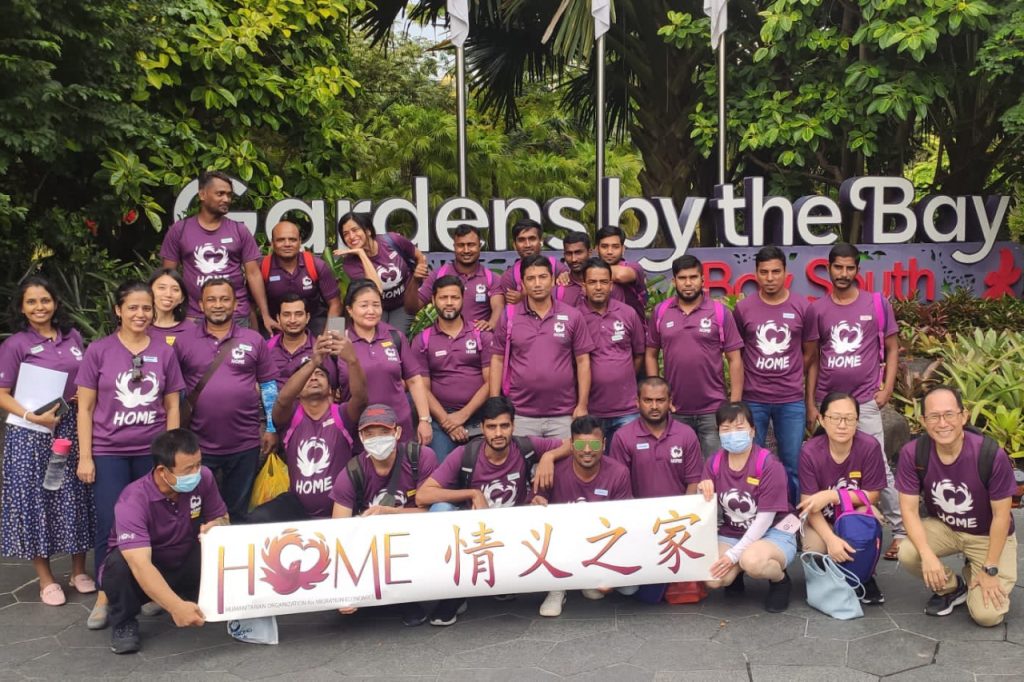
What’s a challenge Singapore must overcome in the next six years to stay a place where people want to live and thrive?
For advocates in Singapore, it can definitely be frustrating. Issues relevant to migrant workers—not just the lorry issue—have seen some change over the years for sure, but I think the pace of change is rather slow.
We must actively challenge and dismantle long-entrenched practices that perpetuate the mistreatment of migrant workers, such as housing them in remote dormitories and ignoring their transport and mental health needs. Such systems are directly linked to the reliance on unsafe and undignified modes of transport, like lorries, which place workers’ safety and dignity at risk.
By continuing to neglect their basic needs, we are reinforcing a cycle of exploitation that must be broken through meaningful change and a more humane approach to migrant worker welfare.
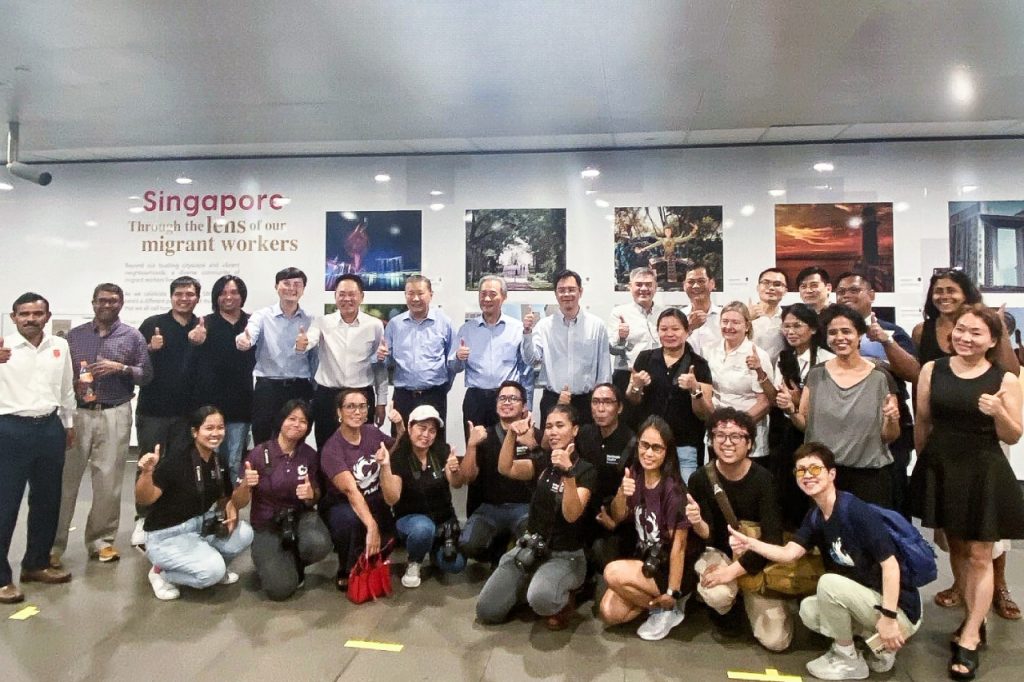
The starting point is having a lot more empathy for migrant workers and putting ourselves in their shoes, and asking whether we would accept the kind of conditions that we subject them to. For example, will we subject ourselves or our children to being transported on lorries?
If you could introduce a new national priority for Singapore, what would it be, and why?
We must place greater emphasis on the well-being of migrant workers in our national policies.
It is widely acknowledged that they contribute immensely to our economy and households. Yet, we are slow to provide them with even the most basic human dignities, like safe transport, often justifying inaction with claims of high costs and potential harm to local jobs and livelihoods.
This kind of binary thinking must end. With over a million work permit holders in Singapore, their well-being and rights must be prioritised in our national policies.
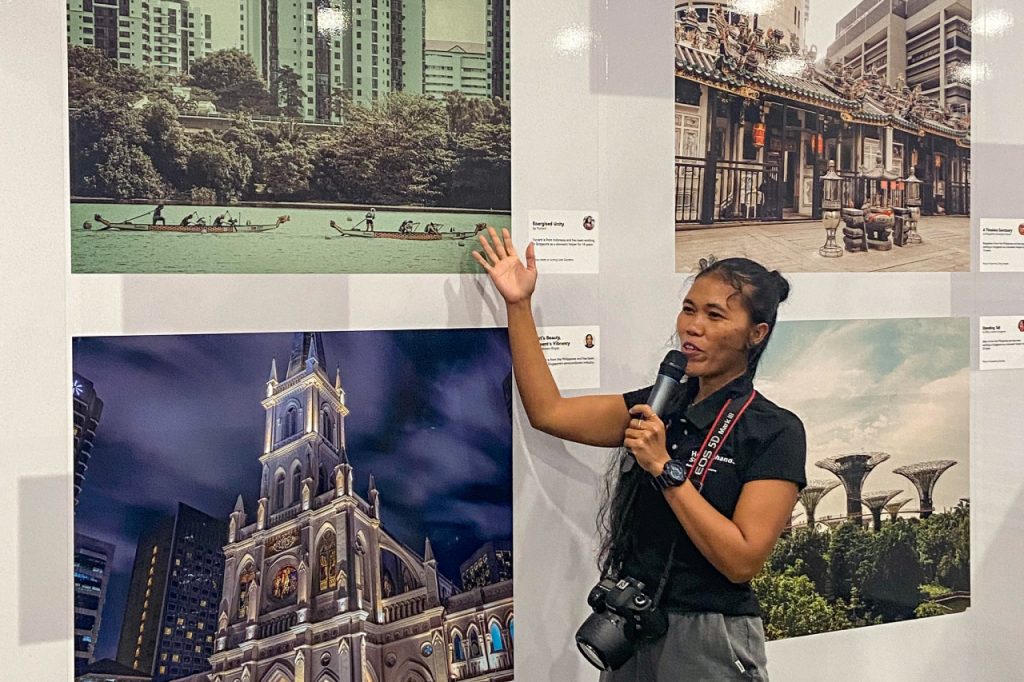
We still haven’t gotten to a place where we value the work that migrant workers do because they are doing jobs that locals do not want to do. We need to give these jobs dignity. When we start to value the people who do the work, we start to treat them as workers and employees who are deserving of certain baseline rights and dignities.
What small shift—policy or mindset—could make a big difference in the daily lives of your community?
We must shift away from the notion that migrant workers deserve less than we do and approach their issues with greater empathy.
If we wouldn’t accept the living and working conditions that migrant workers endure for ourselves, we should not impose unsafe or undignified conditions on them.
This reflects on our values as a society. If we want to move towards a society in general that’s more compassionate and equitable, I think that needs to include everybody who lives in our country. We need to be more embracing and include migrant workers in national conversations.
Singapore moves fast. What’s one thing we need to slow down for?
We must stop viewing stronger rights protections, improved safety standards for migrant workers, and higher costs as mutually exclusive.
There are actions that are ethically and morally required to uphold basic human dignity. These steps must be taken regardless of cost. As a well-resourced nation, we have the capacity to do better.
The issue with lorry commutes is a clear example of this. Policymakers have consistently argued that implementing safer transportation for migrant workers would be too expensive and lead to business closures and job losses.
We must reject these simplistic, binary arguments and focus on finding equitable solutions that are fair to all parties involved. Our research for Risky Rides has shown that such solutions are possible and that we need the political will to implement creative and workable solutions.
I think it’s important that we don’t see all these issues as a zero-sum game. I, personally, have seen this a lot in my casework with domestic workers. The employers sometimes seem to think, “If I treat my domestic worker better, if I give her nice food to eat, somehow I will lose out.”
That kind of thinking is still there in some pockets of society, so I think that really has to be tackled.
What’s one thing about Singapore you’d want to protect for the future?
Singapore has a great community spirit. And I don’t say that lightly.
When the pandemic happened, a lot of migrant workers were very badly affected and were stuck in the dorms. They needed essential items. Everybody came together to help—both Singaporeans and migrant workers who were able to move about.
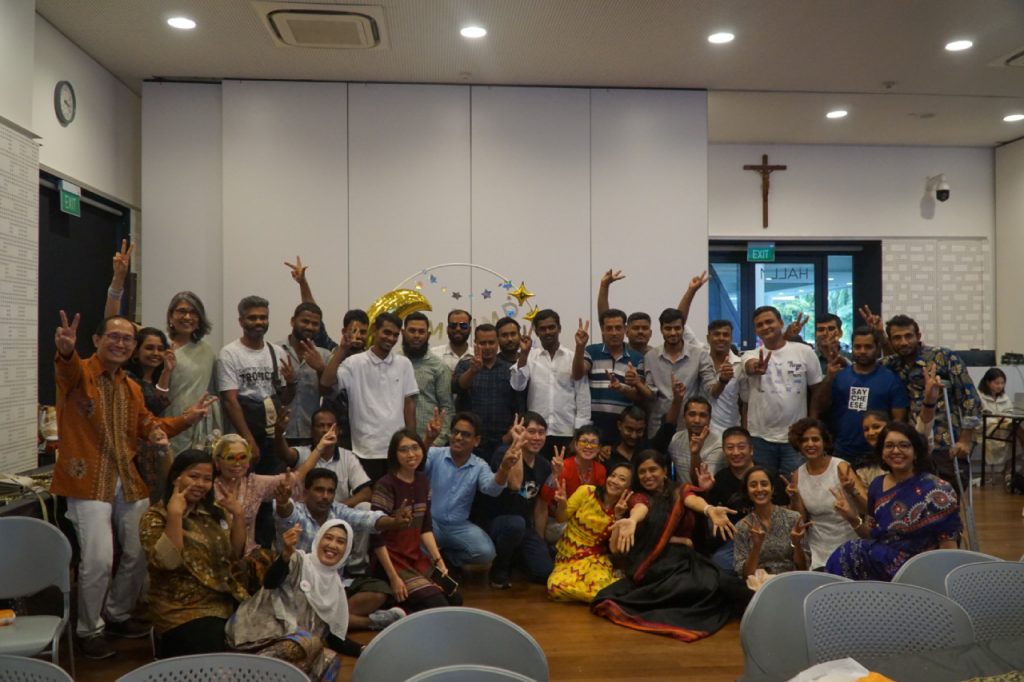
Some of that community spirit has really continued post-COVID. We see so many ground-up initiatives that have happened that still continue for migrant workers even after the pandemic has ended.
For an organisation like HOME that has been around for 20 years, we don’t feel so alone anymore because there are so many other groups that are now advocating in different ways.
In 2030, what kind of Singapore would you be proud to call home?
We must strive for a Singapore where everyone is treated with equity and dignity, especially our low-wage migrant workers.
To say that our economy and country have flourished because of them is an understatement. It is unacceptable that standards of treatment and safety vary based on the type of work pass someone holds.
Basic human rights and dignity should be non-negotiable, and that includes equal access to safe transport, nutritious food, proper housing, quality healthcare, and more.

